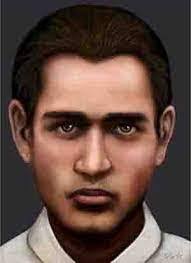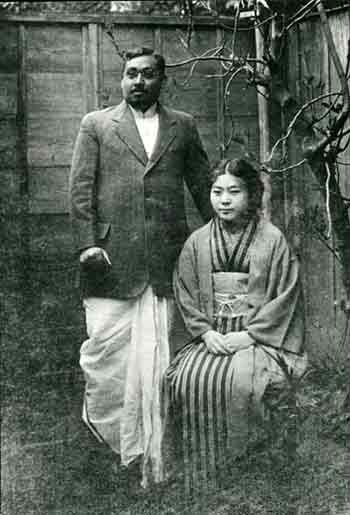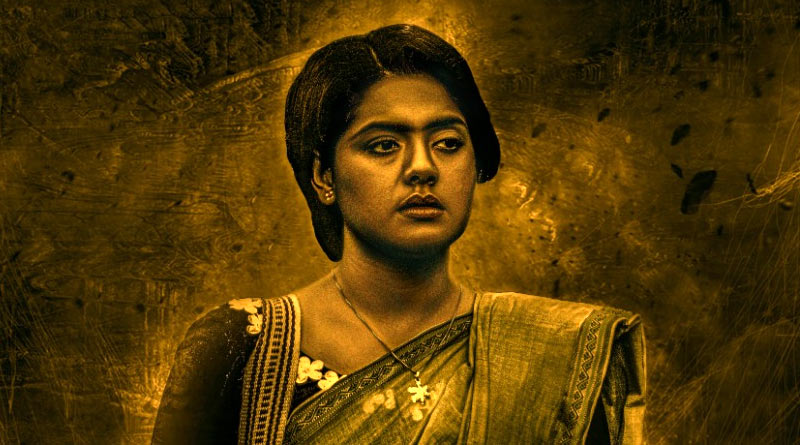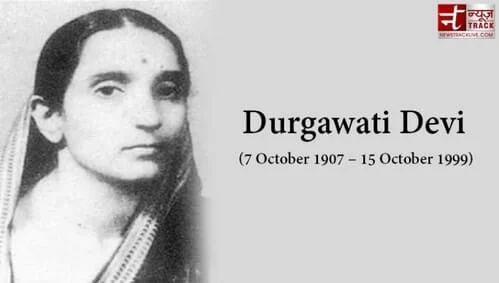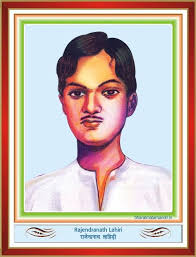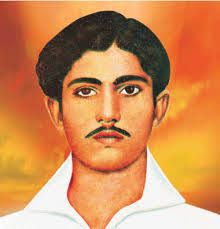Vanchinathan, also known as Vanchi, stands as a symbol of resistance and sacrifice in the annals of Indian history. His life, though brief, was marked by extraordinary courage, unwavering determination, and a deep commitment to the cause of India’s freedom from colonial rule. In this narrative, we delve into the life, motivations, and lasting impact of Vanchinathan, shedding light on his pivotal role in the struggle for independence.
Early Life and Background:
Vanchinathan was born on June 26, 1886, in the village of Shenkottai in the princely state of Travancore (present-day Tamil Nadu). Coming from a humble background, he experienced firsthand the injustices and inequalities perpetuated by British colonial rule. Despite his modest circumstances, Vanchinathan possessed a keen intellect and a strong sense of justice from a young age.
Growing up in a colonial environment marked by exploitation and oppression, Vanchinathan became increasingly aware of the need for India to assert its independence from British rule. Inspired by the nationalist fervor sweeping across the country and the sacrifices made by his compatriots, he resolved to dedicate his life to the cause of liberation.
Involvement in Revolutionary Activities:
Vanchinathan’s journey into the realm of revolutionary activism began during his college years in Tirunelveli, where he came into contact with like-minded individuals who shared his passion for freedom. Influenced by the ideals of nationalism and self-determination, he joined various revolutionary organizations, including the Bharatha Matha Association and the Indian National Congress.
However, disillusioned by the perceived ineffectiveness of non-violent forms of protest advocated by the Congress, Vanchinathan gravitated towards more radical forms of resistance. He became associated with revolutionary groups such as the Abhinav Bharat Society and the Anushilan Samiti, which espoused armed struggle as a means to achieve independence.
The Tirunelveli Shooting:
The turning point in Vanchinathan’s life came with the infamous Tirunelveli shooting of 1911, an event that shook the foundations of British rule in India and propelled him into the forefront of the freedom struggle. On September 17, 1911, Vanchinathan, along with his comrade, Tirunelveli Sankaran, carried out a daring assassination of Robert Ashe, the District Collector of Tirunelveli, who was notorious for his oppressive policies and brutal treatment of Indians.
The assassination sent shockwaves throughout the colonial establishment and galvanized support for the nationalist cause. Vanchinathan, hailed as a hero by his compatriots, became a symbol of resistance against British tyranny, inspiring countless others to join the struggle for independence.
Sacrifice and Legacy:
Realizing that capture by the British authorities was inevitable, Vanchinathan chose to embrace martyrdom rather than surrender his principles. On the day of his impending arrest, he penned a poignant letter expressing his unwavering commitment to the cause of freedom and bidding farewell to his loved ones.
On June 17, 1911, Vanchinathan carried out his final act of defiance by taking his own life, choosing to die on his own terms rather than face the humiliation of capture and imprisonment. His sacrifice sent shockwaves throughout the country and served as a rallying cry for all those who yearned for liberation from colonial rule.
Impact on the Freedom Movement:
Vanchinathan’s martyrdom had a profound impact on the course of India’s freedom movement. His act of selflessness and sacrifice inspired a new wave of revolutionary fervor, prompting many young Indians to take up arms against British rule. The spirit of resistance embodied by Vanchinathan galvanized nationalist sentiment across the country and contributed to the growing momentum towards independence.
Conclusion:
In conclusion, Vanchinathan’s life and legacy serve as a testament to the indomitable spirit of the Indian people in their struggle for freedom. His unwavering commitment to the cause of independence, coupled with his extraordinary courage and sacrifice, continue to inspire generations of Indians to this day.
As we reflect on the life and contributions of Vanchinathan, let us honor his memory by reaffirming our commitment to the ideals of justice, equality, and freedom for all. His legacy serves as a reminder of the sacrifices made by countless patriots in the pursuit of India’s independence and underscores the importance of preserving and upholding the values for which they fought and died.
C

